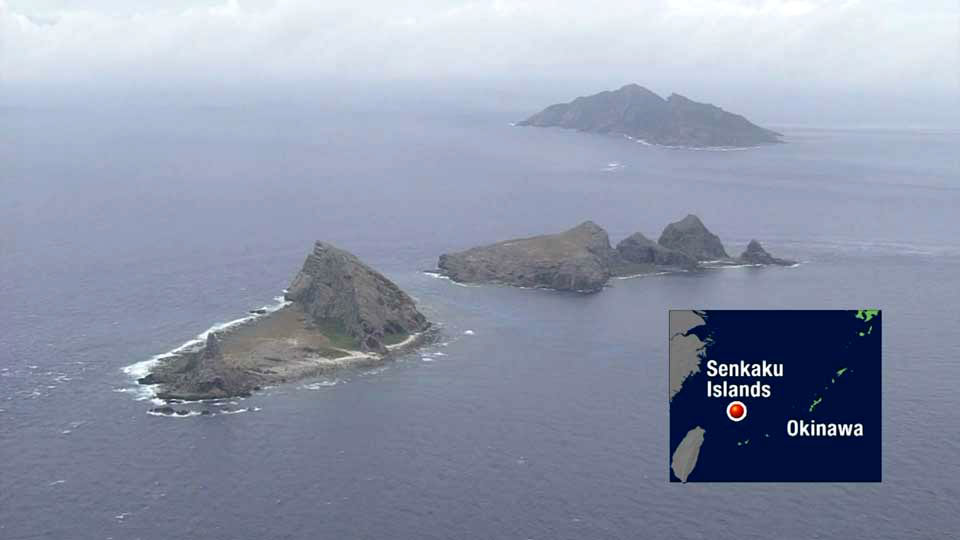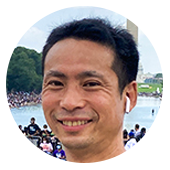China rising
While the US is still widely considered the world’s most powerful country, it is watching nervously as China continues to expand its economy and military. Beijing also appears to be flouting international norms and laws, stifling human rights in Hong Kong and the Xinjiang Uygur Autonomous Region and growing more assertive in territorial claims in the East and South China seas.
Biden has framed the tensions between Washington and Beijing as a struggle between “democracy and autocracy.” He sees Japan, a democratic state neighboring China, as one of his most important partners.
Brains and brawn
Japan will also play a crucial role in Biden’s goal of achieving a “free and open Indo-Pacific”, which he says is one of the pillars of his Asia strategy. The idea is to make the Pacific and Indian oceans an area of stability and prosperity, free from coercion and intimidation, where all parties follow the rule of law. While the democratic stylings of the concept may sound particularly American, the policy was originally developed and adopted by a Japanese government. Even the name was originally conceived by Tokyo. It is rare that Washington so thoroughly adopts Japanese diplomatic policy.
One former US diplomat characterizes Japan as the brains of the strategy, while America is the muscle.
“American intellectuals, members of Congress, Republicans and Democrats, see Japan as a thought leader. Biden’s grand strategy builds very much on Japan’s strategy,” says Michael Green, who served on the staff of the National Security Council as director for Asian Affairs under the Bush Administration.
Security: Japan must not remain passive
But Takahashi Sugio, head of defense policy division at Japan’s National Institute for Defense Studies, says that though its geopolitical priorities may overlap with those of the US, Japan should view all diplomatic arrangements through the prism of its own security needs, and not in the context of a US-led partnership. He points to recent developments in the South China Sea, saying that though these may not directly affect Japan, it is imperative for the government to act now and curb China’s increasing brazenness. If not, Beijing will only be emboldened in territorial disputes in the East China Sea, which do involve Japan.
“Japanese critics and media outlets seem to agree that Japan would be put in a difficult position if friction between the US and China grows,” Takahashi says. “But such a view seems to neglect the reality that Japan is a directly involved party.”

US wants more from Japan on human rights
But one area in which Japan is walking a diplomatic tightrope between Beijing and Washington is human rights. The Biden administration wants to turn up the pressure on China over its treatment of Uyghurs in the Xinjiang Uygur Autonomous Region and last month imposed sanctions on several government officials for what it called serious human rights abuses. The measures were later adopted by all members of the G7 member states except one: Japan.
Daniel Russel, who served as Assistant Secretary of State for East Asian and Pacific Affairs under the Obama administration, says Tokyo's approach is not tenable.
“No country can afford to be a bystander and afford to ignore and tolerate anti-social, anti-democratic behavior,” he says. “What we have to bear in mind is that China’s strategy is to divide and conquer, so it’s very important for us to build a unified front, based on our shared values.”

